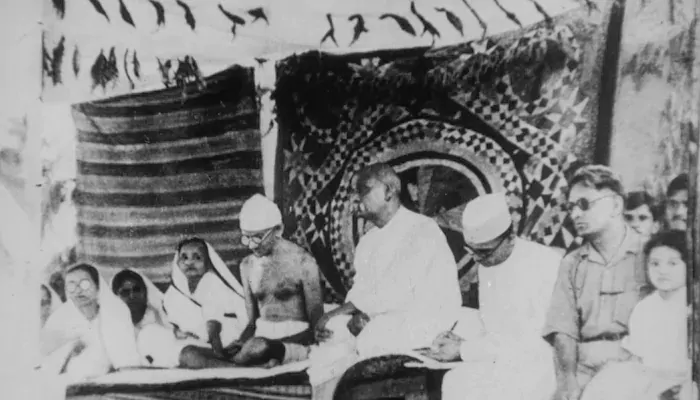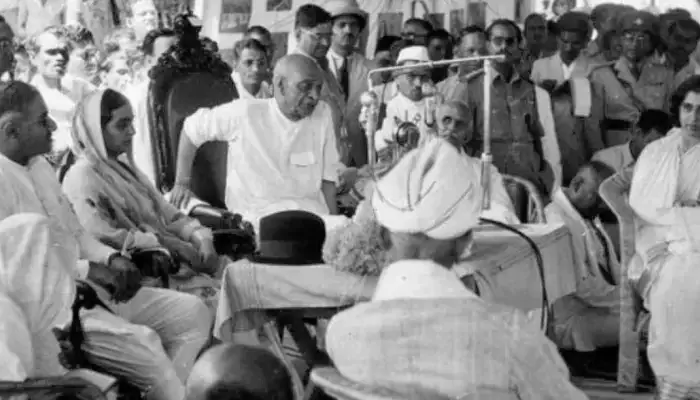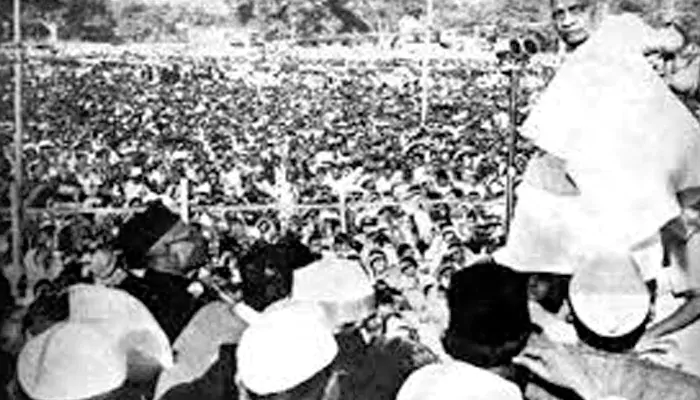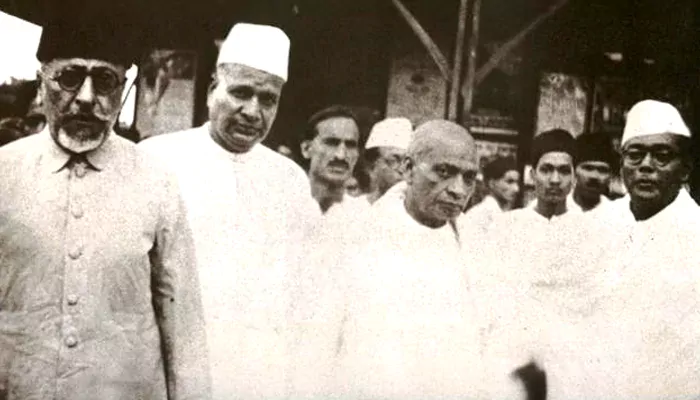
How Bardoli's quiet villages led a bold fight for dignity and justice
In February 1928, the sleepy villages of Bardoli in Gujarat became the unlikely epicentre of resistance against British rule. These were not angry mobs with weapons. Instead, they were humble farmers, battered by floods and famine, refusing to pay a punishing tax hike imposed by the colonial government. What began as a local protest soon evolved into a disciplined movement that shook the very foundation of British revenue control in India.
At the heart of this resistance was not just politics—it was pride, pain, and the quiet strength of a people who had had enough.
The Bombay Presidency had increased land revenue in Bardoli by over 22%, despite the region reeling from crop failures. Families who could barely afford food were suddenly expected to pay inflated dues. The demand was seen not only as unjust but also as an insult to their suffering.
Unable to meet the new assessments, the farmers reached out to a man they trusted—Vallabhbhai Patel. What they received was a blueprint for a revolution.

Patel, already known for leading the Kheda Satyagraha, was initially hesitant. He asked the farmers if they were ready for the consequences: property seizure, jail, and isolation. When they pledged full commitment, Patel took charge.
But this wasn't a Congress-led movement. It was rooted in the villages. Patel set up volunteer squads, divided Bardoli into zones, and ensured that the campaign would remain non-violent yet firm. The farmers took a vow—not a rupee of tax would be paid.
The British responded with force. They sent in officials, police, even Pathan mercenaries. They confiscated land, cattle, and homes. But what they found were empty houses and fields stripped of valuables. Everything had been hidden in advance.
Farmers refused to cooperate with the authorities. Auctions were boycotted. Buyers, fearing social boycott, stayed away. Local newspapers carried stories of brave women rebuilding huts on land that had been confiscated from them, and youth patrolling villages at night. Every seizure became a symbol of resistance.

The women of Bardoli emerged as silent yet mighty warriors. They ensured that food and shelter reached displaced families. They shielded property from seizure. Most memorably, they gave Patel a title that would stay with him forever—"Sardar," meaning leader.
In doing so, they not only stood up for their rights but also redefined the role of women in India's fight for freedom.
Faced with mounting pressure and global criticism, the British relented. A judicial inquiry, the Broomfield Commission, reduced the tax hike to a modest 6 per cent. Seized lands were returned. No farmer was made to pay retroactive tax.
The Bardoli Satyagraha was a triumph, not just of policy, but of principle. It showed that non-violent resistance, when disciplined and united, could beat the might of the empire.

Bardoli wasn't just a tax revolt. It became a blueprint for future campaigns, such as the Salt March. It proved that India's soul lay in its villages—and when they rose, no empire could stand against them.
Local leaders, such as Narhari Parikh, Ravi Shankar Vyas, and Jugatram Dave, played critical roles in organising and motivating people. They wrote pamphlets, organised meetings, and ensured every villager understood their rights.
Today, Bardoli stands as a symbol of what peaceful resistance can achieve. It wasn't about grand speeches or famous names. It was about ordinary farmers, driven by dignity, saying 'no'—and meaning it.
The no-tax revolt of Bardoli reminds us that sometimes, true strength lies in quiet, yet defiant, action. And that a handful of villages can indeed bring a colonial giant to its knees.